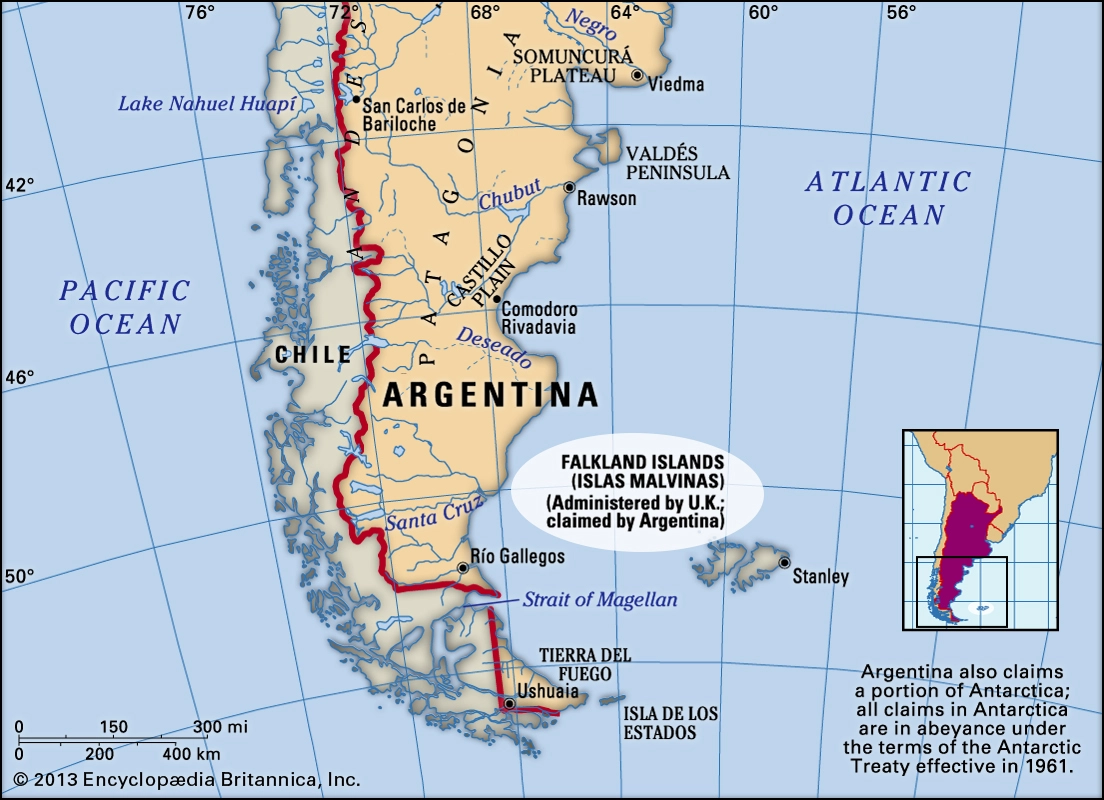On Wednesday, Brazil declared support for Argentina’s claim over the Falkland Islands, intensifying its long-standing dispute with the United Kingdom.
Like many of his predecessors, Argentine President Javier Milei seeks control and aims to reopen dialogue with Britain.
Brazil’s position, rooted in a history dating back to 1833, reaffirms Argentina’s legitimate rights over the territory and surrounding maritime areas.
The Brazilian Ministry of Foreign Affairs emphasizes building a trustful environment for bilateral negotiations, aligning with United Nations recommendations.
This stance reflects Brazil’s broader vision of South America as a region of peace and cooperation, a commitment reinforced in the recent Consensus of Brasilia.
Historically, the archipelago was part of the British Empire, with Argentina asserting sovereignty post-independence from Spain.
Tensions escalated with Argentina’s 1982 invasion and subsequent British military response, leading to the Argentine surrender and British reaffirmation of control.

Brazil’s support for Argentina underscores the geopolitical complexities and historical tensions surrounding the Falkland Islands.
It further highlights the enduring significance of sovereignty and diplomacy in regional and international relations.
Background
Several Latin American countries, including members of Mercosur and CELAC, support Argentina’s claim over the Falkland Islands.
This backing was highlighted at the United Nations Fourth Committee.
These countries advocate for a peaceful resolution to the dispute and call for the UK to cease exploiting the region’s natural resources.
The situation is complex, involving international law and the self-determination of the Falkland Islands’ residents.
Brazil’s stance in backing Argentina over the Falkland Islands aligns with Latin American solidarity against colonial legacies, reflecting regional unity.

